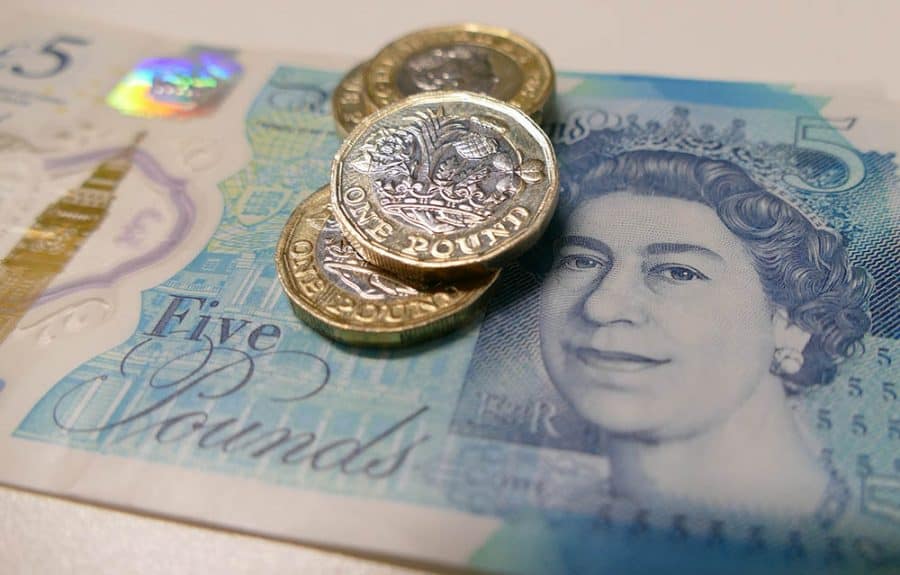Guest article: Are you entitled to claim flat rate expenses?
Employees are being encouraged to increase their awareness of flat rate expenses to maximise their available tax relief. David Redfern, tax preparation specialist and director of DSR Tax Refunds Ltd, is supporting workers to develop their knowledge of HMRC’s system of flat rate expenses and simplified options to claim tax relief to ensure they are not missing out on a potential tax refund.
HMRC has long recognised that claiming tax relief on job expenses can be a complicated process, involving collecting receipts and invoices and detailing each and every small expense in order to provide HMRC with the evidence required to claim tax relief.
As a result, HMRC introduced a range of flat-rate expenses which can be claimed without requirement of supporting documentation, whether for working from home or for replacing small tools and equipment. However, employees are still able to claim tax relief on the exact costs providing they are able to provide HMRC with the evidence that they have incurred the expense.
When utilising flat rate expenses, the employee must have incurred the expense in the first instance and must not have been reimbursed by their employer.
As a result of the COVID-19 pandemic, more people than ever have been working from home – a trend which is likely to continue in the short to medium term for a large number of employees. To reimburse workers for the additional costs in heating and energy likely to have been incurred as a result, HMRC will allow workers to claim £6 per week in tax relief to help offset those costs.
HMRC’s rules surrounding claiming tax relief for working from home were originally far more stringent but in light of the pandemic, they have been loosened in recognition of governmental encouragement of homeworking to reduce the spread of COVID-19, meaning you can still claim this flat rate expense, even if you are only working from home for a couple of days a week.
The only stipulation is that your employer cannot have already reimbursed you for these costs. Where an employer has already reimbursed these costs, payments for working from home are tax-exempt.
In addition to working from home, there are other work-related expenses which can be claimed as tax relief using HMRC’s flat rate expenses.
Workers who are required to wear a uniform or replace small items of work equipment can claim a flat rate expense based on their occupation.
If your job requires you to wear specialised clothing like a uniform and you are expected to launder and maintain it yourself, you can claim a flat-rate expense to compensate you for the additional costs related to that – similarly, if you have to replace small tools or pieces of equipment, such as a hairdresser’s scissors.
How much you can claim depends on your occupation – if your occupation is not listed by HMRC there is still a flat-rate tax relief amount of £60 you can claim.
Employees are not entitled to claim if they wear everyday clothing to work, even if they have to abide by a company dress code. Where the employer launders the uniform or takes care of any repair costs, tax relief cannot be claimed.
Employees who make business journeys in their own vehicle are entitled to claim mileage tax relief to compensate them for the additional costs, such as insurance fuel and wear and tear on the vehicle. For cars, HMRC’s approved mileage rates are 45 pence per mile up to the first 10,000 miles and 25p thereafter, with employers using their own motorcycles entitled to claim 24 pence per mile and bicycles 20 pence per mile.
In order to claim mileage tax relief, the employee should keep a mileage log of their business journeys to support their expense claim, including details of the vehicle used.
If their employer reimburses them for some, but not all of their mileage expenses, the employee is entitled to claim the difference up to HMRC’s approved rates.
Employees can also claim tax relief on any professional memberships or professional bodies that they are required to join as a result of their job.
If an employee has incurred work expenses in previous years which they have not yet claimed tax relief on, they can backdate their claim for up to four tax years.
DSR Tax Refunds Ltd is a firm of tax preparation experts who specialise in CIS tax returns for employees who are eligible to claim a tax refund for their work-related expenses, including employees working from home as a result of the COVID-19 pandemic. Its website contains information about flat rate expenses and tax relief for employees and self-employed workers alike.



